The 47th summit of the G7, the intergovernmental forum of the world's seven leading developed countries (Canada, France, Germany, Italy, Japan, the United Kingdom, and the United States), took place in Cornwall/the UK between 11-13 June of this year. In addition to the leaders of the G7 states, representatives of the European Union, Australia, South Korea, South Africa, and India were also invited to this year's summit.
Three themes stood out among the topics addressed at the 2021 summit of the G7: the COVID-19 pandemic, climate and environmental issues, and relations with China and Russia. The communique published at the end of the summit summarizes the agreed points.
At the summit, the primary topic on the agenda of the leaders was the fight against COVID-19. As a result of discussions on how to provide COVID vaccines to developing countries, the leaders signed a joint statement promising to provide 1 billion doses of vaccines to developing countries. This may seem like a high number at first glance, but it corresponds to about 8% of the doses needed worldwide.[1] Oxfam, a global organization working to fight poverty, published a report proving that rich countries, which make up 13% of the world's population, purchased more than half of the supply of COVID-19 vaccines and that they even overstocked on these vaccines.[2] On the eve of the summit, more than 100 leaders of countries had called for the G7 to pay two-thirds of a comprehensive global vaccination programme. Former British Prime Minister Gordon Brown described the G7's summit this year as "an unforgivable moral failure", stating that the vaccine supply has lagged far behind demand. For this reason, this year's G7 summit took place in the shadow of the “global vaccine inequality” protests.
Another issue addressed was the environment; in the summit's final declaration, group leaders set out their targets for carbon emission reduction, committing to halve carbon emissions by 2030 and to increase and improve climate finance to help poor countries reduce their emissions.[3] These commitments by the G7 countries are an important step in the fight against global warming. However, there is no concrete agreement or plan yet to reduce the use of coal and greenhouse gas emissions. This issue is expected to be discussed in detail at this year's United Nations Climate Change Conference (COP26).
This forum, which has been meeting since 1975, had formed the G8 group with the participation of Russia in 1998. However, after Russia's annexation of Crimea in 2014, Russia's membership was suspended, and the group returned to the G7 format. At this year's summit, relations with Russia were also discussed and the leaders emphasized their support for Ukraine's internationally recognized sovereignty and territorial integrity. They also called on Russia to investigate and explain the use of chemical weapons on its soil, to take action against those who conduct ransomware attacks and other cybercrimes. Right after the G7 Summit, the NATO Summit was held in Brussels on 14 June, while the US-EU Summit was held on 15 June, and US President Joe Biden held a meeting with President of Russia Vladimir Putin in Geneva on 16 June. In these meetings, Biden gave the message that Western states are united for European security and that they are determined to defend their common values.
China, the world's second largest economy, is not included in the G7 group, which has, for some time now, led questions on the legitimacy and power of the G7. At this year’s summit, the G7 countries openly displayed their stance against China. In the final statement of the G7 summit, the leaders underlined the importance of peace and stability in Taiwan and emphasized their serious concerns about the situation in the East and South China Seas. The leaders called upon China to respect human rights in the Xinjiang Uyghur Autonomous Region, and after the meeting, declared that they set up a working group for cooperation to eradicate the use of forced labor in global supply chains. They also called upon China to protect Hong Kong's autonomy and rights. Additionally, Biden's statement that they are planning an infrastructure project (Build Back Better World-B3W) as an alternative to China's Belt and Road Project (BRI - China's initiative covering Central Asia, Southeast Asia, Africa and even Europe) was attention-grabbing. Biden announced that it was decided to offer an infrastructure support plan which will provide help to developing countries in improving their infrastructure.[4] However, details of an alternative project to the Chinese BRI have not yet been revealed and European countries have not made a commitment for financing in this regard.
Gender equality and women's empowerment, global partnership for education, and tax rates for international companies were also discussed at the meeting. A call was made to take measures against the spread of violent extremist rhetoric and actions on the Internet. Lastly emphasis was made on the support given to citizens and businesses to mitigate the impact of the pandemic.
With all this, it can be seen that US President Joe Biden, together with the other G7 leaders, tried to convey the message that the “West is back” and to present a picture that aimed to make the G7 countries appear united around the principles of open society and democracy. However, the G7 meeting has not yet put forward any evidence that the West can really "build a better world" - as it was claimed. For example, in the context of human rights; rising racism, discrimination, and Islamophobia in the West continues to receive inadequate attention. Therefore, the credibility and the persuasiveness of the G7 will depend on these countries' ability to take binding and concrete steps on the pandemic, environment, and human rights issues.
© 2009-2025 Center for Eurasian Studies (AVİM) All Rights Reserved

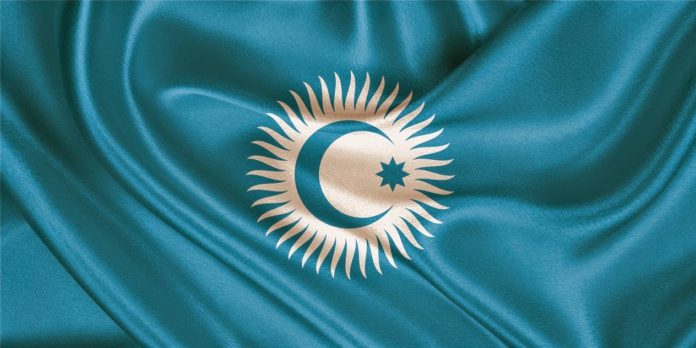 THE FUTURE OF THE TURKIC COUNCIL
THE FUTURE OF THE TURKIC COUNCIL
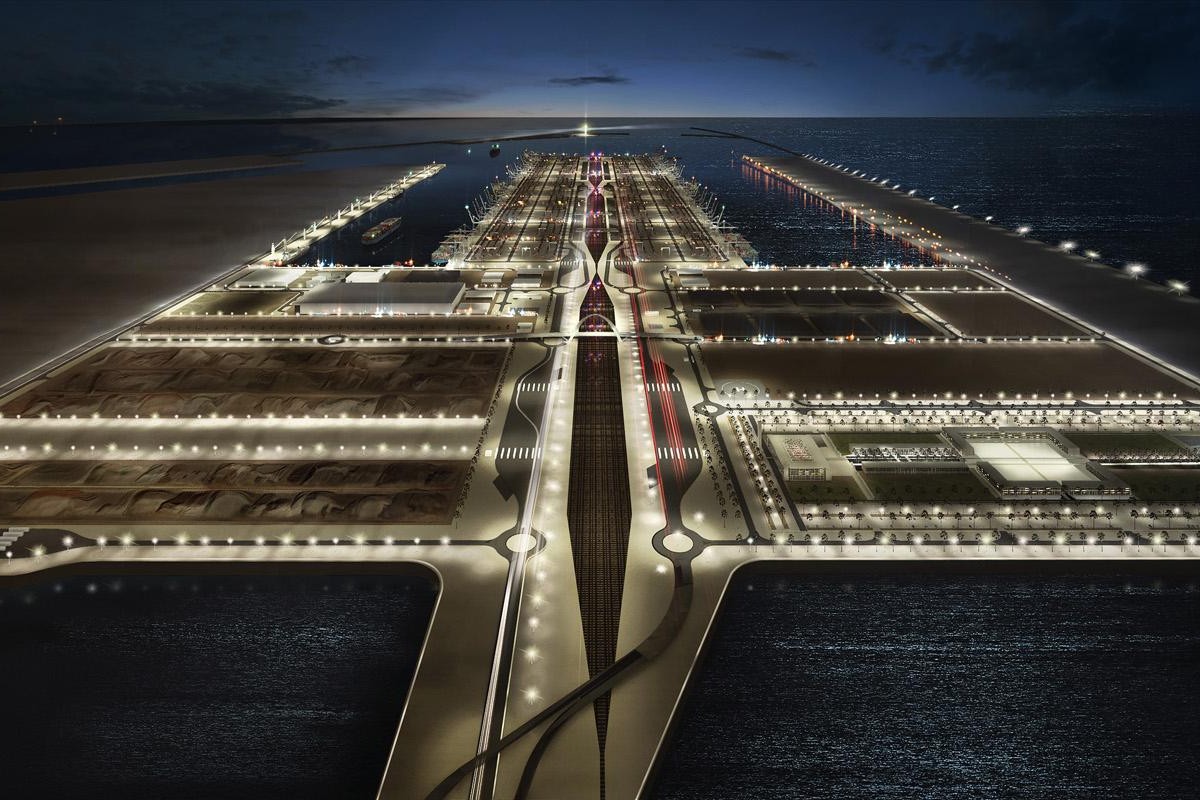 EURASIA REGIONAL TRANSPORT CORRIDORS
EURASIA REGIONAL TRANSPORT CORRIDORS
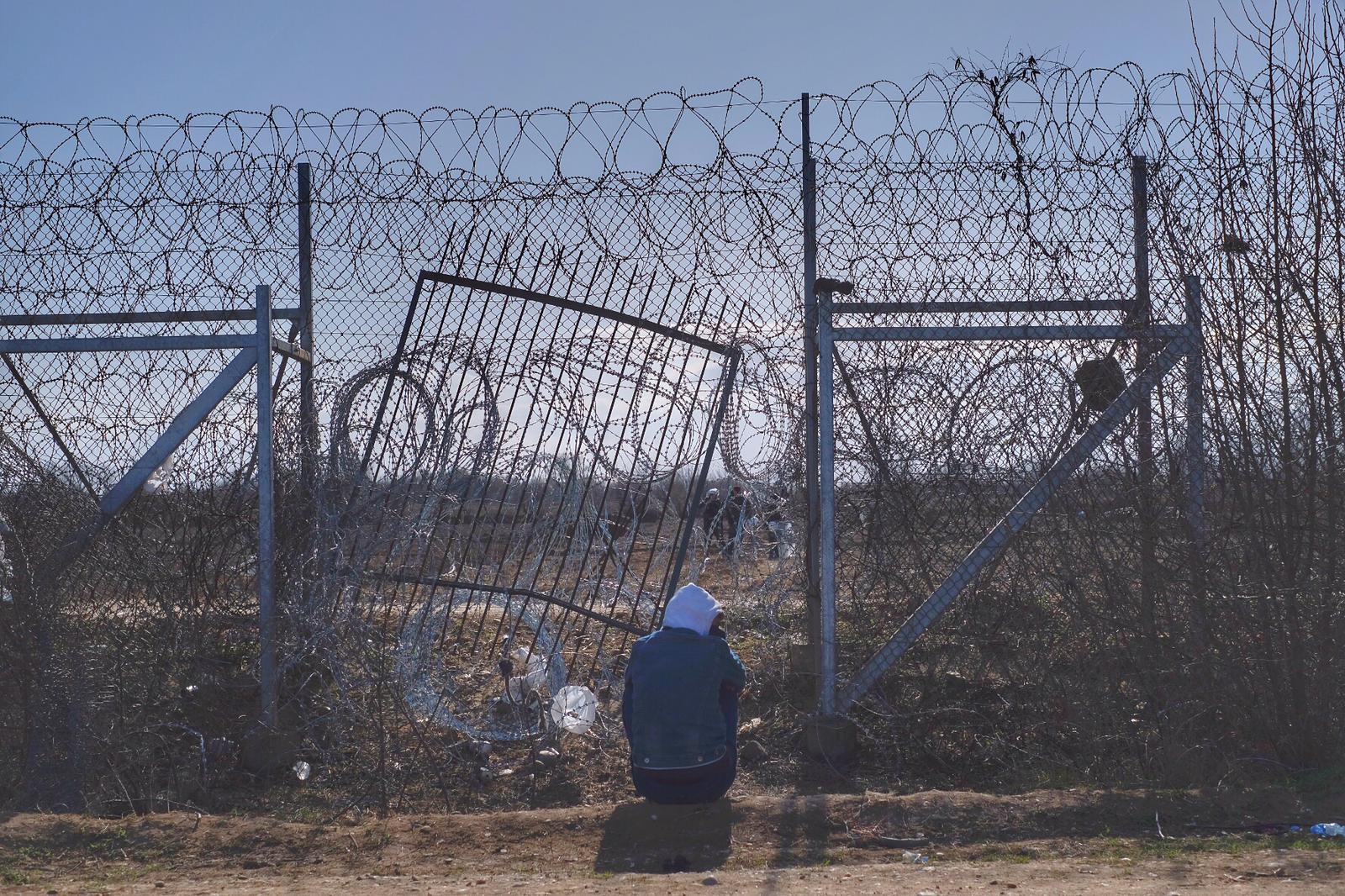 THE EUROPEAN UNION'S SHAMEFUL CAMPS CONTINUE TO EXIST DESPITE THE FIRE DISASTER
THE EUROPEAN UNION'S SHAMEFUL CAMPS CONTINUE TO EXIST DESPITE THE FIRE DISASTER
 THE CENTENNIAL OF MONGOLIA'S INDEPENDENCE
THE CENTENNIAL OF MONGOLIA'S INDEPENDENCE
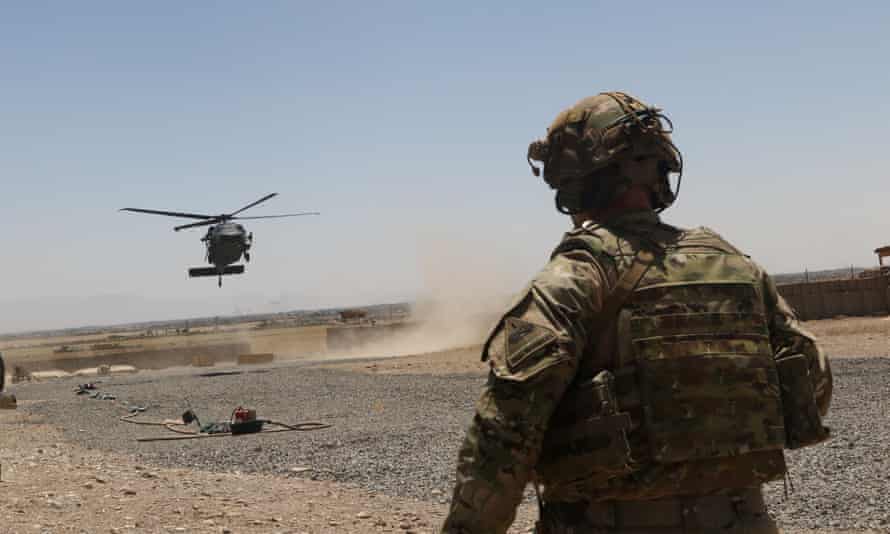 TALIBAN’S ADVANCEMENT AFTER THE WITHDRAWAL OF FOREIGN TROOPS FROM AFGHANISTAN
TALIBAN’S ADVANCEMENT AFTER THE WITHDRAWAL OF FOREIGN TROOPS FROM AFGHANISTAN
 ARMEN SARKISSIAN’S PRESIDENCY AND THE QUESTIONS ON ETHICS AND POLITICAL CULTURE IN ARMENIA
ARMEN SARKISSIAN’S PRESIDENCY AND THE QUESTIONS ON ETHICS AND POLITICAL CULTURE IN ARMENIA
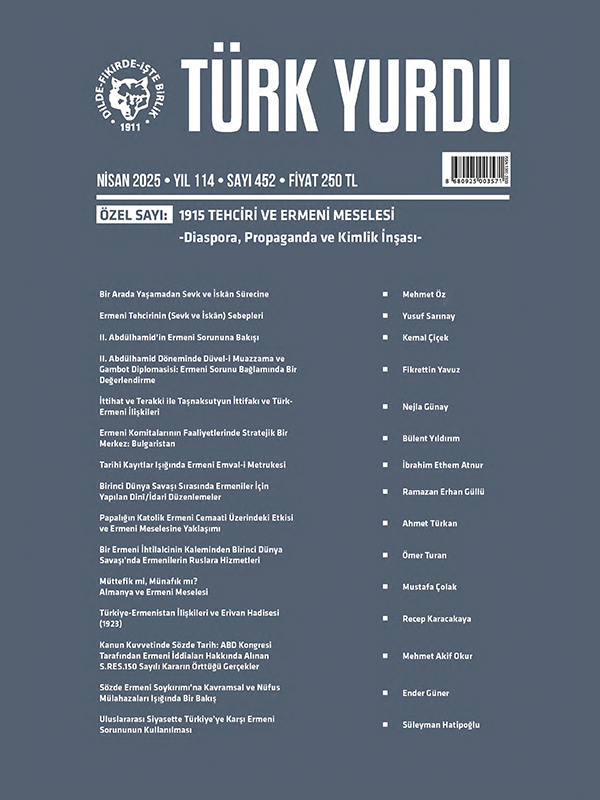 NEW ARTICLE ON SULTAN ABDULHAMID II’S OUTLOOK ON THE ARMENIAN QUESTION
NEW ARTICLE ON SULTAN ABDULHAMID II’S OUTLOOK ON THE ARMENIAN QUESTION
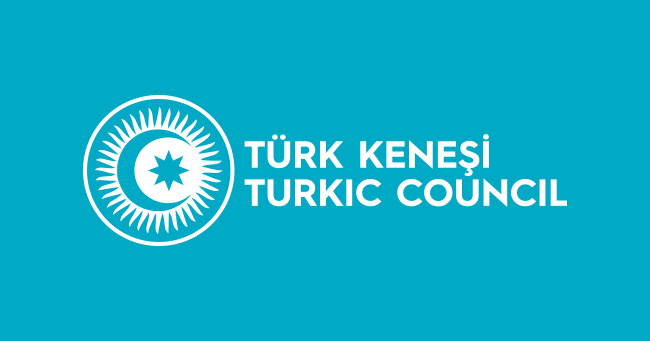 10TH ANNIVERSARY OF TURKIC COUNCIL
10TH ANNIVERSARY OF TURKIC COUNCIL
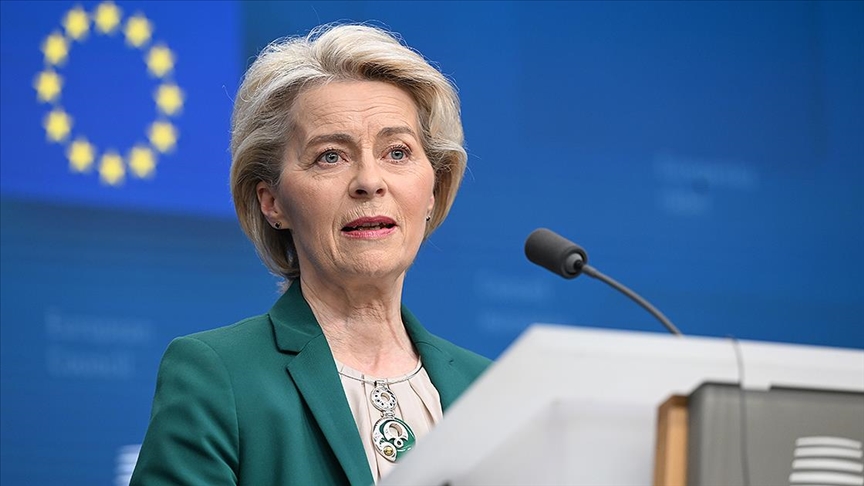 THE FUTURE OF EUROPEAN DEFENCE: SEEKING A NEW PATH IN THE SHADOW OF TRUMP POLICIES
THE FUTURE OF EUROPEAN DEFENCE: SEEKING A NEW PATH IN THE SHADOW OF TRUMP POLICIES




























